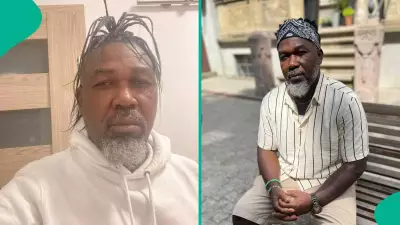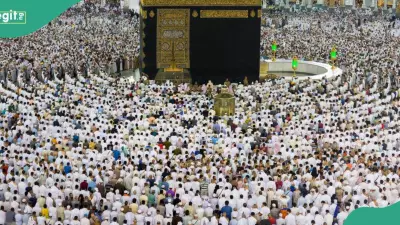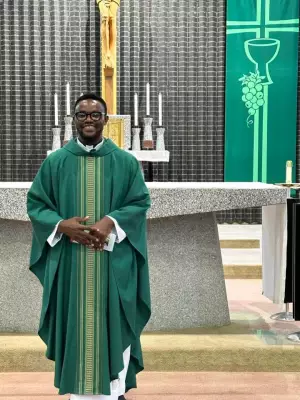
Step into the colourful world of Nigerian traditional clothing, where every fabric tells a story and every style reflects centuries of cultural heritage. Nigerian attire represents more than just fashion—it's a vibrant expression of identity, status, and cultural pride that continues to evolve while honouring tradition.
The Fabric of Nigerian Identity
Nigerian traditional clothing serves as a powerful symbol of cultural identity across the country's diverse ethnic groups. From the elaborate royal robes of northern emirs to the sophisticated wrappers of southern communities, each garment carries deep cultural significance and historical meaning.
Regional Styles That Define Nigeria
Northern Nigeria's Regal Elegance
The northern regions showcase magnificent flowing gowns like the Babariga and Agbada, often crafted from rich, heavy fabrics and featuring intricate embroidery. These garments reflect the region's Islamic influences and royal traditions, with colours and designs indicating social status and occasion.
Yoruba Sophistication
The Yoruba people are renowned for their Aso Oke fabric, a hand-woven textile that forms the basis of iconic outfits like the Buba and Sokoto for men, and the elegant Iro and Buba for women. These outfits are often completed with the Gele head-tie, which has become an art form in itself.
Igbo Cultural Pride
Igbo traditional wear includes the famous Isiagu top, featuring lion head motifs, paired with Chieftaincy trousers and the traditional red cap. Women's attire often consists of beautifully patterned wrappers and blouses, accessorized with elaborate headgear and coral beads.
The Ankara Revolution
While traditional woven fabrics remain important, Ankara—the colourful wax-print cotton—has become Nigeria's unofficial national fabric. This versatile material has transformed Nigerian fashion, allowing for endless creativity in both traditional and contemporary designs.
Modern Interpretations of Tradition
Today's Nigerian designers are masterfully blending traditional elements with contemporary aesthetics, creating stunning fusion wear that appeals to younger generations while maintaining cultural roots. This evolution ensures that Nigerian traditional clothing remains relevant and exciting in the global fashion landscape.
More Than Just Clothing
Nigerian traditional attire serves multiple purposes beyond mere appearance:
- Cultural Preservation: Each garment helps maintain and transmit cultural knowledge across generations
- Social Significance: Clothing indicates marital status, social standing, and community roles
- Ceremonial Importance: Specific outfits are reserved for weddings, coronations, festivals, and other important occasions
- Economic Impact: The traditional clothing industry supports numerous artisans, tailors, and fabric merchants
From the bustling markets of Lagos to the royal courts of Kano, Nigerian traditional clothing continues to be a dynamic and essential part of the nation's cultural landscape, blending history with contemporary style in uniquely Nigerian ways.





